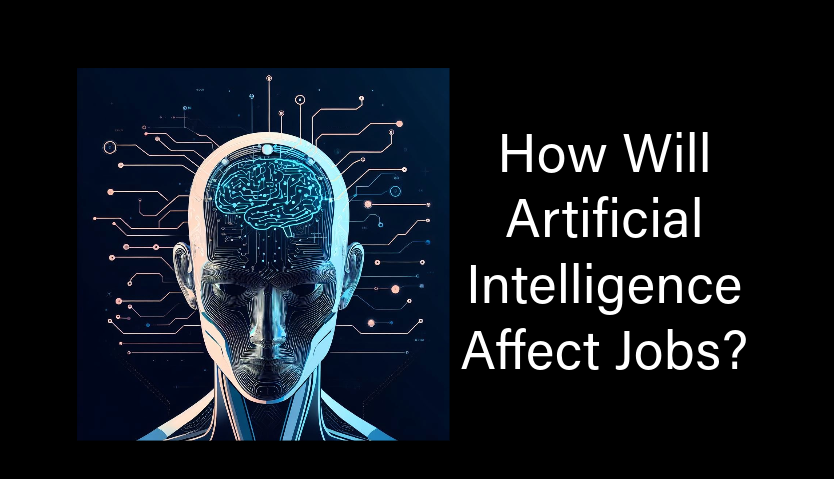Artificial Intelligence, or AI, is revolutionizing various sectors, altering our work and lifestyle, and prompting significant discussions about the future of the job market. The influence of AI on employment is a subject marked by vigorous debates, apprehension, and optimism. This article delves into the diverse aspects of how AI will shape the job landscape in the foreseeable future.
Automation and Job Displacement
One of the most immediate and tangible effects of AI on jobs is automation. AI-powered machines and software can perform repetitive, labor-intensive tasks with remarkable speed and accuracy. This has led to concerns about job displacement, particularly in industries such as manufacturing and logistics, where AI-driven robots are increasingly taking over routine tasks.
Jobs that involve routine and predictable tasks are most at risk of being automated. For example, administrative roles, data entry, and certain aspects of customer service may see a reduction in human involvement as AI systems become more advanced.
Job Enhancement and Transformation
While AI might replace some jobs, it also has the potential to enhance and transform others. In many industries, AI is being used to augment human capabilities. For instance, healthcare professionals are using AI for medical diagnoses, financial analysts rely on AI algorithms for data analysis, and customer service representatives use chatbots to handle routine inquiries.
These advancements can lead to increased productivity, improved decision-making, and new opportunities for job creation. Workers may need to adapt and acquire new skills to collaborate effectively with AI systems and leverage their capabilities.
The Rise of New Jobs
AI is also expected to create new job opportunities, many of which we can’t predict yet. As AI technologies advance, the need for skilled professionals in fields like AI development, machine learning, and data science will continue to grow. Data labeling, model training, and AI system maintenance are just a few examples of emerging roles.
Moreover, the implementation and management of AI systems within organizations will require human oversight. Jobs related to AI ethics, governance, and regulatory compliance will become increasingly important to ensure responsible AI use.
Skills Evolution
The impact of AI on jobs underscores the importance of continuous learning and skills development. As AI becomes more prevalent in the workforce, certain skills will be in high demand. These skills include problem-solving, critical thinking, adaptability, and emotional intelligence, which are all difficult for AI to replicate.
Workers will need to reskill and upskill to remain competitive in the job market. Lifelong learning and a willingness to embrace change will be crucial in the AI-driven job landscape.
Economic Implications
The economic impact of AI on jobs is complex. While some jobs may be lost to automation, the increased efficiency and productivity resulting from AI can stimulate economic growth. Companies that embrace AI often experience cost savings and competitive advantages.
However, there is a need for policies and initiatives to ensure that the benefits of AI are distributed equitably and that workers who are displaced have access to retraining and transition programs. Governments and organizations must work together to address the potential income inequality that AI may exacerbate.
To sum up
Artificial Intelligence is poised to have a profound impact on the job market. While some jobs may be automated, many others will be enhanced, transformed, or newly created. As we move into an AI-powered future, the key to success for individuals and societies alike will be adaptability, continuous learning, and a proactive approach to shaping the relationship between humans and AI.
In the face of these changes, policymakers, businesses, and educational institutions must collaborate to ensure a smooth transition, minimizing the negative consequences and maximizing the potential benefits of AI for the workforce. Preparing for the AI revolution is not just a matter of job preservation but also an opportunity to harness the full potential of this transformative technology.
